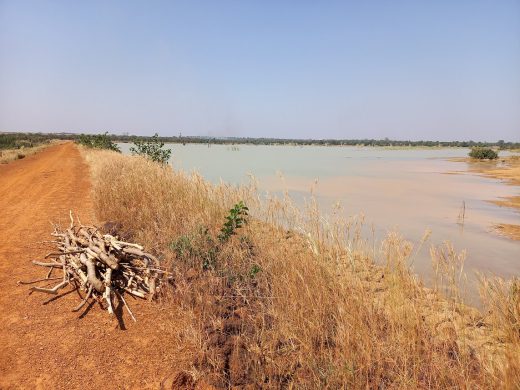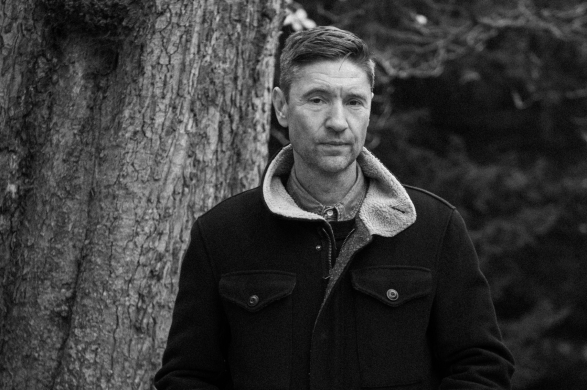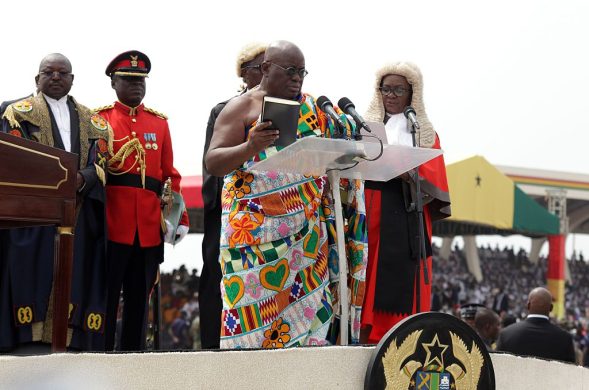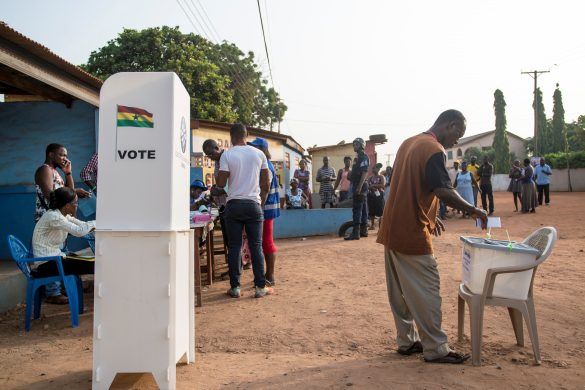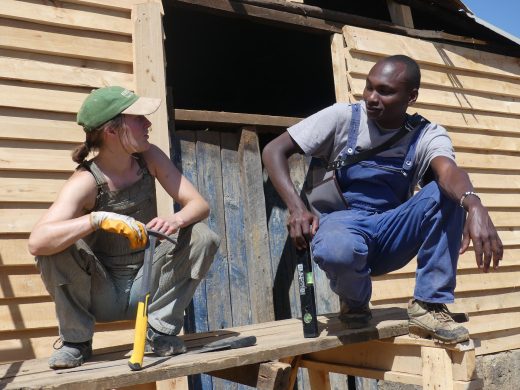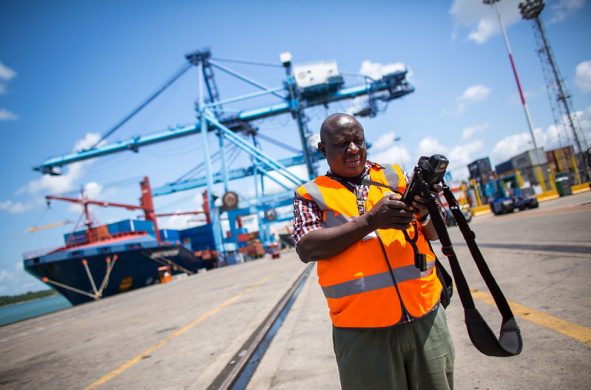Former Ghanaian President Jerry Rawlings has testified at a commission investigating human rights atrocities, BBC Online reports.
The Ghana Bar Association and other human rights activists allege that more than 200 people disappeared during the early chaotic years of Mr Rawlings rule in the 1980s.
It is significant for Ghana and Africa for a former head of state to be publicly questioned about his human rights record. His testimony was shown live on national television.
Mr Rawlings was quizzed over the 1982 murders of three high court judges and a retired army major, seen as anti-government.
However, he was not asked if he had ordered the gruesome executions, only about various video tapes which might shed light on the circumstances of the killings.
Mr Rawlings admitted recording a confession by one of the judges murderers shortly before his execution but said he had lost the tape.
Mr Rawlings said there might have been extra-judicial killings while he was leader but he said he had not witnessed them.
One witness has said Mr Rawlings popped champagne at his office when he heard about the murders.
Mr Rawlings, 55, who was in power for 19 years, was also questioned about the execution in 1984 of Lance Corporal Sarkodie Addo, following a petition to the commission by the late soldiers widow.
The commission has heard testimony that the Lance Corporal was shot dead in the presence of Mr Rawlings, after being accused of plotting a coup.
The incident, or part of it, is alleged to have been video-taped.
That material, according to the commissions investigations, may be in the former presidents hands. He said that he had seen some of this tape but it had been given to an aide and he did not know where it was.
Mr Rawlings appeared under a subpoena; but he had indicated previously that he was always willing to testify.
The main opposition NDC, led by Mr Rawlings, has claimed persistently that the agenda of the reconciliation commission is to show their party and its founder in a bad political light.
Several hundred NDC supporters, monitored by armed riot police attended the tribunal.
The authorities say their motive is to find the truth, and to heal, not to shame or punish.
Kilde: BBC Online



